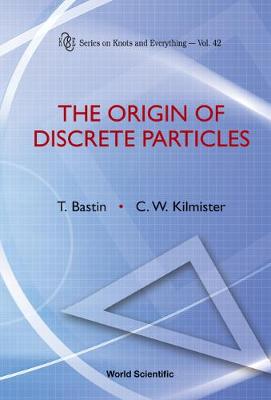Series on Knots & Everything
2 primary works
Book 9
The authors aim to reinstate a spirit of philosophical enquiry in physics. They abandon the intuitive continuum concepts and build up constructively a combinatorial mathematics of process. This radical change alone makes it possible to calculate the coupling constants of the fundamental fields which - via high energy scattering - are the bridge from the combinatorial world into dynamics. The untenable distinction between what is 'observed', or measured, and what is not, upon which current quantum theory is based, is not needed. If we are to speak of mind, this has to be present - albeit in primitive form - at the most basic level, and not to be dragged in at one arbitrary point to avoid the difficulties about quantum observation. There is a growing literature on information-theoretic models for physics, but hitherto the two disciplines have gone in parallel. In this book they interact vitally.
Book 42
This book is a unique summary of the results of a long research project undertaken by the authors on discreteness in modern physics. In contrast with the usual expectation that discreteness is the result of mathematical tools for insertion into a continuous theory, this more basic treatment builds up the world from the discrimination of discrete entities. This gives an algebraic structure in which certain fixed numbers arise. As such, one agrees with the measured value of the fine-structure constant to one part in 10,000,000 (107).

